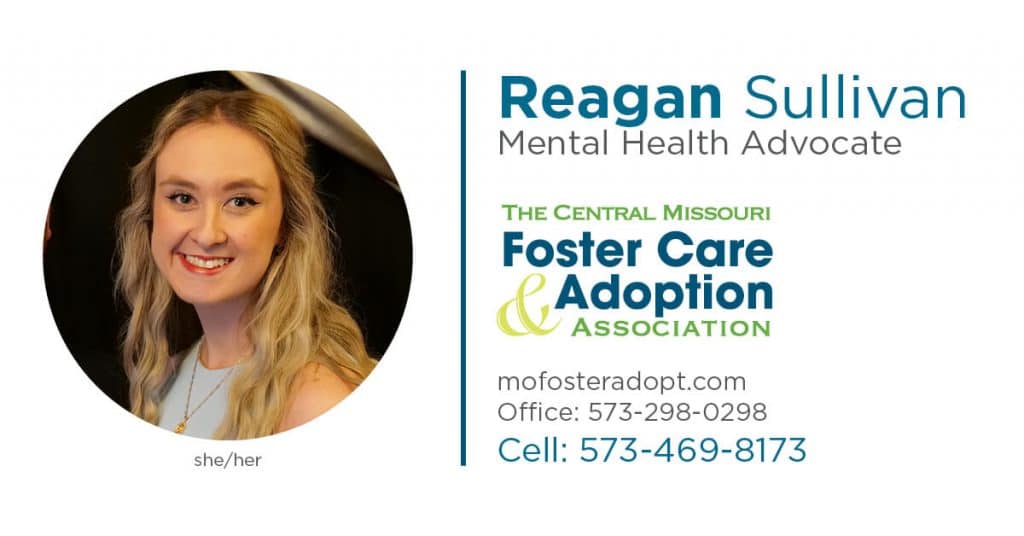Spring Cleaning Mind Edition
The weather is finally getting warmer, the sun is shining bright, and the trees and grass are starting to get their color back! Spring is quickly approaching, which means it is declutter season! I don’t know about you, but I need to declutter my workspace and brain – papers and files are everywhere (in both spaces)! However, since the season of SAD (Seasonal Affective Disorder) is ending with longer days and more daylight, it is essential to reset your mind! Let’s wash our brain windows and let that sunlight in!
What does a cluttered mind consist of?
You may wonder, “How can I even tell if my mind is cluttered? I am plenty productive and have no issues remembering anything!” First of all, tell me your secrets because I can count on one finger the number of times (s) my mind has not felt cluttered! Anyways, your mind may be untidy if you can relate to any of these:
· Concentrating on negative thoughts
· Worrying about things out of your control
· Forgetting to complete things on your mental to-do list
· Overthinking
· Over-analyzing situations
· Anything that causes excessive or overwhelming thoughts, worries, or concerns fills your mind, making it difficult to focus, make decisions, or feel at peace.
How does a cluttered mind affect day-to-day activities?
Forbes.com puts it best: “Constantly allowing your mind to be cluttered causes mental disarray, distraction and disorder that hinders your ability to set priorities, make choices, maintain focus and be productive. You lose touch with yourself, your surroundings, your relationships, and the current moment when your mind is busy because you are not present.”
Sounds exhausting. That’s because it is! This can also result in feeling burnt out if you’re not feeling that already. So, what can we do? Say it with me – declutter our minds!
Ways to declutter!
Decluttering your mind will pull you out of the negative thought patterns and reach your maximum potential! Here are some ways to do that:
1. Get better sleep! That is easier said than done for me (and many of us). I have heard it is easier to fall asleep when you put your phone down and reduce screen time by about 30 minutes to an hour before bed. Also, following a bedtime routine relaxes your body to get good quality sleep!
2. Move! I mean, move your body, not move homes! Take a walk, however short or long you feel like! Go to the gym! Utilize your home gym! Release those endorphins!
3. Write it down! Make a to-do list, journal your feelings and thoughts, or draw if you feel artsy!
4. Declutter your surroundings! My brain often feels more cluttered when everything around me is cluttered, which is a problem because I have difficulty keeping my physical spaces clean and organized. I have found that there are ways that I organize that are different from “normalized” ways to organize, so you do you, boo!
5. Do less! I have an issue: I need to complete everything on my to-do list on the same day, so I wait until I have the motivation to complete everything all at once. The problem? That motivation NEVER comes because the tasks continue to build and build! Yikes! It also causes my mind to become overwhelmed and overloaded, so not even the most important things get done. I am slowly learning to pick a few things to do each day, making me feel calmer knowing that I have less to do the next day. Give it a shot!
Hopefully this will also help you to create healthy, sustainable habits while also reducing stress and anxiety. Take one day at a time, one little bit at a time! Here’s to a fresh start to a new season of feeling refreshed and positive!







